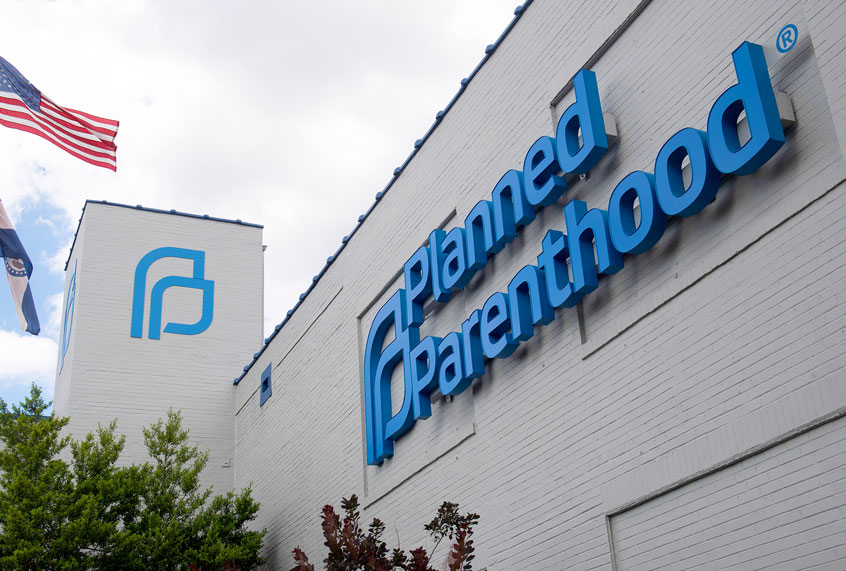In a 6–3 decision on Thursday, the Supreme Court ruled that individual Medicaid patients cannot sue states over their choice of healthcare providers, marking a major victory for conservative states seeking to defund Planned Parenthood and a potential setback for low-income Americans’ access to care.
The case, Medina v. Planned Parenthood South Atlantic, centered on South Carolina’s 2018 decision to bar Planned Parenthood from its state Medicaid program, part of a broader push by Republican officials to sever public funding from abortion providers, even for non-abortion services like cancer screenings and birth control.
“As far as Planned Parenthood and comparable providers are concerned, this case could be part of a one-two punch if Trump’s Big Beautiful Bill passes,” Mary Ziegler, a professor of law at the University of California, Davis, wrote on X.
Justice Neil Gorsuch, writing for the court’s conservative majority, said that even if the Medicaid law includes language about a patient’s right to choose any qualified provider, it does not clearly give individuals the right to enforce that provision through lawsuits.
Justice Ketanji Brown Jackson wrote the dissent, joined by Justices Sotomayor and Kagan, warning that the ruling would have real-world consequences for vulnerable patients. “Today’s decision is likely to result in tangible harm to real people,” she wrote. By cutting off the ability to sue, she argued, the Court is depriving Medicaid recipients in South Carolina, and possibly across the country, of their only meaningful way to enforce “a deeply personal freedom: the ‘ability to decide who treats us at our most vulnerable.’”


